Pakistan, protest leaders reach breakthrough deal in Pakistan-administered Kashmir
Unrest in Pakistan-administered Kashmir ends after government agrees to wide-ranging reforms

Javed Hussain
Correspondent
I have almost 20 years of experience in print, radio, and TV media. I started my career with "Daily Jang" after which I got the opportunity to work in FM 103, Radio Pakistan, News One, Ab Tak News, Dawn News TV, Dunya News, 92 News and regional channels Rohi TV, Apna Channel and Sach TV where I worked and gained experience in different areas of all three mediums. My journey from reporting to news anchor in these organisations was excellent. Now, I am working as a correspondent with Nukta in Islamabad, where I get the opportunity of in-depth journalism and storytelling while I am now covering parliamentary affairs, politics, and technology.
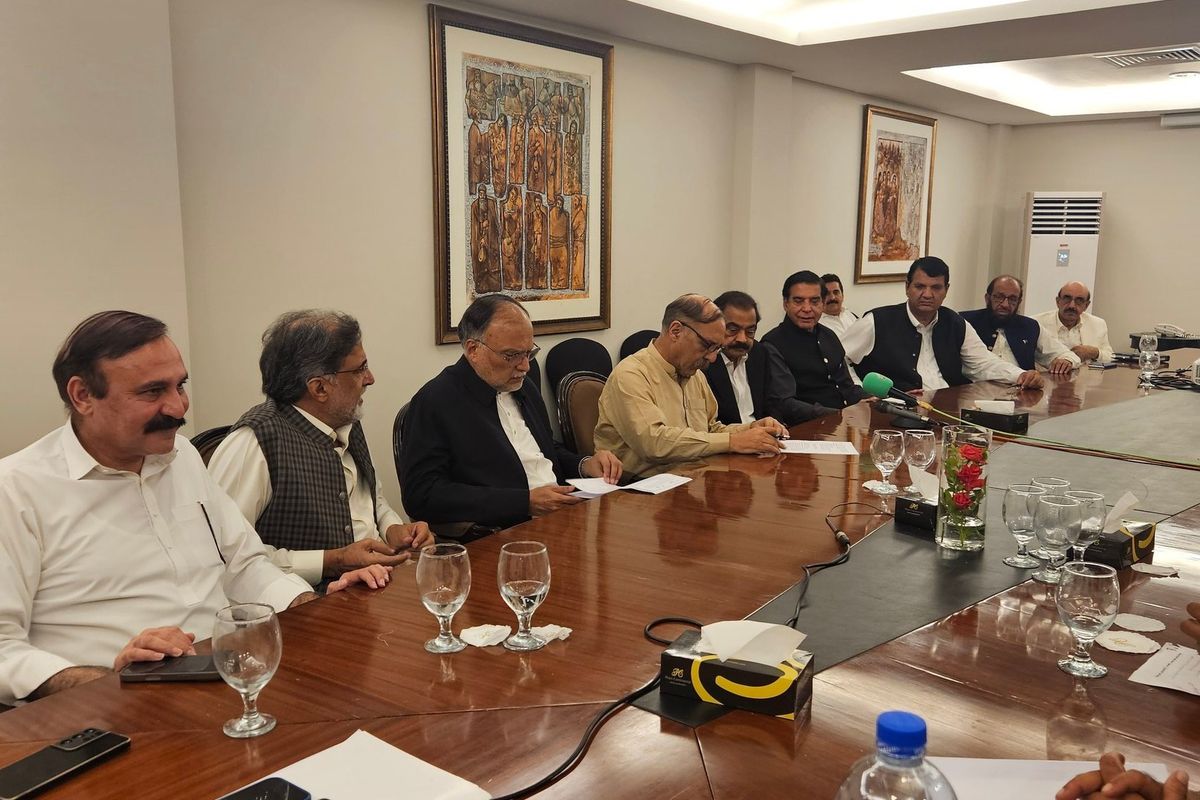
Leaders from Pakistan's government and the Joint Awami Action Committee gather for the signing of a landmark agreement in Muzaffarabad, Pakistan-administered Kashmir
Picture Courtesy: Tariq Fazal Chaudhry/ X
After weeks of tension, violent protests, and public unrest in Pakistan-administered Kashmir, a breakthrough was reached on Friday when talks between the government of Pakistan, the regional administration, and the Joint Awami Action Committee concluded successfully in Muzaffarabad.
The negotiations, held under the directive of Prime Minister Shehbaz Sharif, were chaired by former Prime Minister Raja Pervaiz Ashraf. They resulted in a comprehensive agreement addressing long-standing public grievances.
Crisis escalated earlier this week
The crisis intensified following protests led by the Joint Awami Action Committee over rising electricity tariffs, governance issues, and demands for social and economic reforms. The situation escalated on Oct. 1 and 2, leading to violent clashes that caused multiple casualties and widespread outrage across the region.
To defuse the crisis, the federal government formed a high-level committee. It included Federal Ministers Rana Sanaullah, Ahsan Iqbal, Dr. Tariq Fazal Chaudhry, Engineer Amir Muqam, and Qamar Zaman Kaira.
The regional government was represented by Faisal Mumtaz Rathore and Dewan Ali Chughtai. The Joint Awami Action Committee was represented by Raja Amjad, Shaukat Nawaz Mir, and Anjum Zaman.
Monitoring body formed
For the implementation of the agreement, a high-level monitoring and implementation committee has been established. It is headed by Federal Minister for Kashmir Affairs Engineer Amir Muqam and includes Federal Minister for Parliamentary Affairs Dr. Tariq Fazal Chaudhry, as well as representatives of both the regional government and the protestors.
The committee is tasked with ensuring the timely enforcement of the decisions and addressing any disputes.
Key points of the agreement
The agreement is based on 12 core points and 13 supplementary clauses.
FIRs of violent incidents are to be registered under the Anti-Terrorism Act. A judicial commission will investigate the events.
Families of those killed in the Oct. 1–2 incidents will receive compensation equal to that of security personnel. Heirs will receive government jobs. Each injured person will be compensated with 1 million Pakistani rupees.
Two new educational boards will be established in Muzaffarabad and Poonch, linked to the Federal Board in Islamabad.
Displaced families from the Mangla Dam extension project will be given land within 30 days.
Amendments to the Local Government Act of 1990 will be made within 90 days.
Health card funds will be released within 15 days. MRI and CT scan facilities will be provided in all districts.
The government of Pakistan will allocate 10 billion rupees to upgrade the region’s electricity system.
The size of the regional cabinet will be capped at 20 ministers or advisors. The number of government secretaries will also be limited to 20.
The regional Accountability Bureau and Anti-Corruption Department will be merged. Their laws will be aligned with Pakistan’s National Accountability Bureau.
Feasibility studies for tunnels on the Kahori-Kamseer and Chiplani–Neelum roads will be conducted.
A committee will review refugee assembly members. Their privileges and funding have been suspended until the final report is issued.
Additional agreements
Thirteen additional clauses were also agreed upon.
Judicial commissions will investigate incidents in Banjosa, Muzaffarabad, Plandri, Dheerkot, Mirpur, and Rawalakot.
A timeline for the Mirpur International Airport project will be finalized within the current fiscal year.
The property transfer tax will be aligned with Punjab and Khyber Pakhtunkhwa within three months.
The 2019 High Court ruling on hydropower projects will be enforced.
Feasibility studies for major water supply schemes in 10 districts will be completed this year.
Operation theaters and nurseries will be established in all tehsil-level hospitals.
Bridges will be constructed in Gulpur and Rahman Kotli.
Advance tax will be reduced in line with models from Gilgit-Baltistan and the former FATA region.
Strict enforcement of open merit policies in education will be ensured.
Water supply and transmission line projects will be approved for Kashmir Colony and Dadyal.
Ownership rights will be granted to migrants of Mahinder Colony in Dadyal.
Transport policy will be reviewed in line with a High Court decision, with consideration for 1300cc vehicles.
Protesters arrested during the Oct. 2–3 demonstrations will be released.
Oversight and implementation
The agreement marks a significant political and administrative breakthrough aimed at restoring peace and stability in the region.
The newly established monitoring committee will submit regular progress reports to ensure transparency and effective execution. All stakeholders have pledged to avoid confrontation going forward.
Prime minister’s response
In a statement issued by the Prime Minister’s Office, Shehbaz Sharif welcomed the outcome of the negotiations and called it “a major success for Pakistan and Pakistan-administered Kashmir.”
He praised the efforts of the negotiation committee and thanked the Joint Awami Action Committee for its cooperation.
“Rumors and conspiracies have died down, and all issues have been resolved amicably, Alhamdulillah,” Sharif said.
He added that peace and public welfare remain the government’s top priorities, and that the federal government will continue to protect the rights of Kashmiris and address their problems on a priority basis.
Context: how tensions built over time
The recent agreement follows months of rising public frustration in Pakistan-administered Kashmir, where residents have long complained of economic hardship, administrative opacity, and perceived exploitation by both federal and regional authorities.
The Joint Awami Action Committee, a civil coalition made up of traders, transporters, student unions, and legal groups, began mobilizing in early 2025. Their demands grew out of anger over rising electricity costs, uneven subsidies, lack of access to basic services, and what they called a system rigged in favor of political elites.
The protests turned violent at the start of October. Clashes in several towns led to the deaths of civilians and security personnel. The demonstrations, some of the largest in the region’s recent history


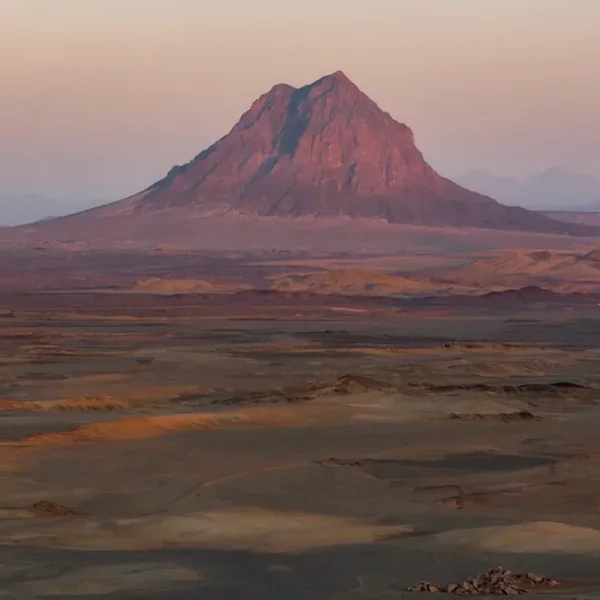
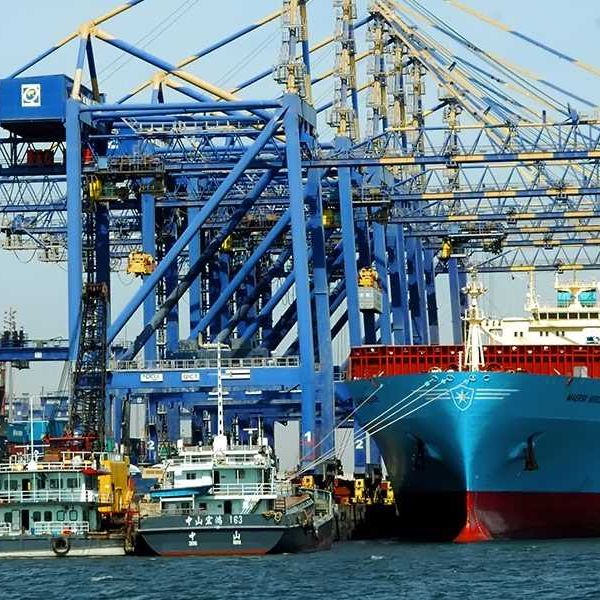

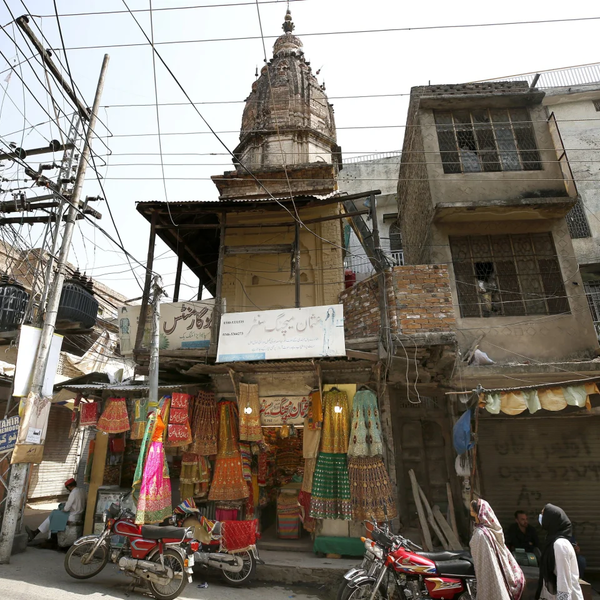
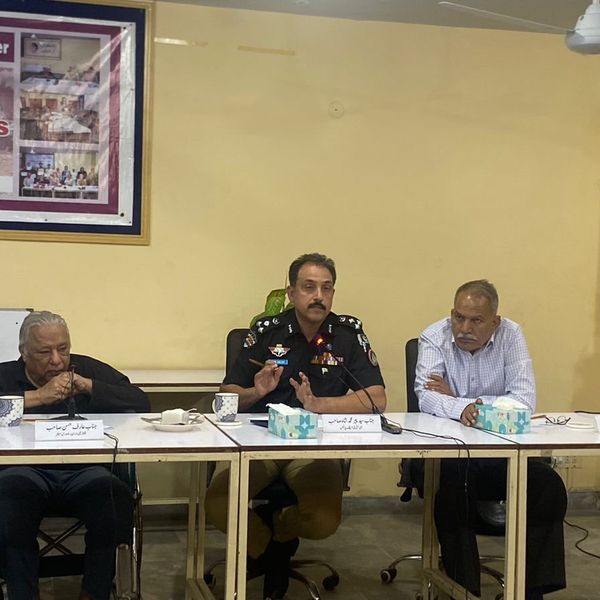



Comments
See what people are discussing